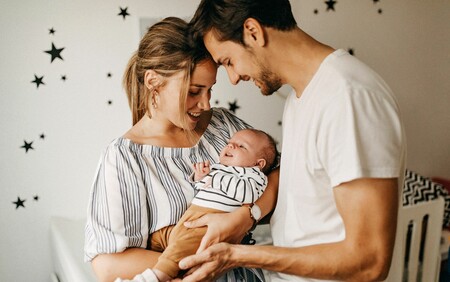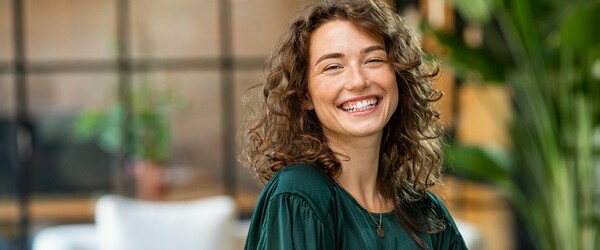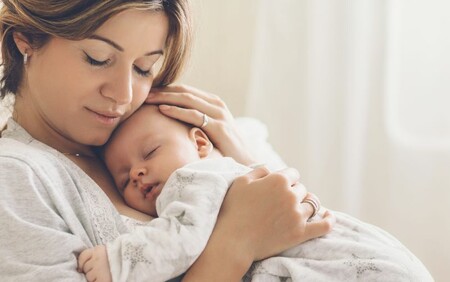IVF with Donor Eggs

Ireland’s most affordable, inclusive donor egg programme. In-house in Ireland.
Prices starting from €7,900 for a 6 egg package!
Using donor eggs, also known as egg donation, is one of the most successful fertility treatments available when a woman has difficulty conceiving with her own eggs. In this process, another woman donates her eggs to help someone else have a baby. The donated eggs are fertilised with sperm in a laboratory to create embryos, through a method called ICSI.
We’re proud to announce the launch of our in-house Sims IVF Donor Egg Programme, now partnered with Next Fertility, Faro, Portugal. Available in all 3 main clinics.
This service is available to:
Single women
Same-sex female couples
Heterosexual couples requiring donor eggs
This reflects our commitment to equitable access for a range of family types, ensuring every patient can pursue their dream of parenthood with dignity and support.

Why Choose Sims IVF for Donor Eggs?
- We offer identifiable donation.
- Packaged costs.
- Zymot sperm preparation chambers for all egg donation patients. Sperm prepared using this chamber have been shown to have lower DNA fragmentation than other methods and produce more Euploid embryos.
- No travel abroad involved.
- Prescription transcribing not required as your treating doctor is based here if you have any queries or concerns.
- We have English-speaking staff.
- Biometric facial matching (carried out by Next Fertility).
- Extended genetic testing/matching available (additional cost)*.
- Unique bank to Sims IVF.
- Cryopreservation of embryos & 6 months storage included if required.
- Available in Sims IVF Clonskeagh, Cork and Swords.

Pricing
€9,900 – 8 egg package
Includes 8 frozen donor eggs, with the expectation of at least 2 blastocysts.*
Sims IVF Commitment: If only one blastocyst suitable for transfer is available, we will compensate you to price match our 6 Egg Programme.
If no blastocysts are suitable for transfer, then the patient will receive one subsequent batch of up to 8 oocytes at no additional cost.
*Provided sperm sample meets the required quality criteria.

Pricing
€7,900 – 6 egg package
Includes 6 frozen donor eggs, with the expectation of at least 1 blastocyst.*
If no suitable blastocysts are created, the patient will receive one additional batch of up to 6 oocytes at no extra cost.
*Provided sperm sample meets the required quality criteria.
Costs not covered by the package pricing:
- Initial consultation
- Counselling
- Medications
- Additional testing or investigations
- Subsequent embryo transfers
- IV sedation
- Donor sperm, if required, is available at an additional cost.
- Embryo storage, if required, after the initial 6 months
- Patients have the option to undergo carrier screening for over 600 genes. If genetic matching is requested, a carrier screening blood test is required from the male partner.
Who Are Donor Eggs Suitable For?
Donor eggs can provide a pathway to parenthood for many people facing fertility challenges. They may be particularly suitable for:
Women experiencing age-related infertility – As women get older, egg quantity and quality naturally decline, and for some, donor eggs offer the best chance of a successful pregnancy.
Women with premature ovarian insufficiency (early menopause) – If the ovaries stop producing eggs earlier than expected, donor eggs can make pregnancy possible.
Women with poor egg quality – Even if eggs are still being produced, they may not fertilise or develop into healthy embryos, making donor eggs a strong alternative.
Women with genetic conditions – For those who risk passing on a serious hereditary illness, donor eggs can provide a way to have a healthy child.
Those who have undergone cancer treatment – Chemotherapy, radiation, or surgery can damage or stop ovarian function, but donor eggs may still make pregnancy possible.
Women who have had multiple unsuccessful IVF cycles with their own eggs – When repeated attempts haven’t worked, donor eggs can significantly improve chances.
Single women – Donor eggs (together with donor sperm) can provide the opportunity to carry and give birth to a child.
Same-sex female couples – Where one partner wishes to carry the pregnancy, donor eggs can be used alongside donor sperm.
About the Donors
- Donors are Identifiable. This means that any child conceived through donor eggs will have the option, once they turn 18, to access identifying information about their donor.
- Donors are aged between 18 and 33 years old.
- Have a normal ovarian reserve/Normal AFC Scan.
- Donors undergo rigorous screening. Donation will only proceed if all screening results are negative for infectious diseases.
- Donors are compensated for 10 days off work (Approx €800). Donors are not "paid" to donate and primarily donate altruistically to help others.
- Donation is regulated by a registered body called CN PMA.
Egg Donation FAQs
Egg Donation FAQs
Q. I am in menopause. Can I have treatment with donor eggs?
Yes, we treat menopausal women. We use medications to stimulate the lining of the uterus to develop and reach optimum state for an embryo to be placed into, once pregnant you would stay on these medications till around 12 weeks of pregnancy and the placenta takes over.
Q. Why do donors donate?
In Europe, donors predominantly donate for altruistic reasons, in other words a selfless desire to help somebody to create a family of their own. Donors in Europe are not paid they are compensated for expenses and time out of work.
Q. Will I have to travel?
If you choose our in-house programmes, there is no travel involved for the patient. We ship frozen donor eggs from Next Fertility to Sims IVF. Fertilisation, transfer and storage if required, happens in your Sims IVF clinic.
Q. How does it feel to have a baby with the help of donor eggs?
It feels just like any other baby. Although DNA is an element of who we are as people, relationships are not formed by DNA. What makes a mother/child relationship is the bond that is formed over time while caring for a child. Egg donation also gives women the chance to experience pregnancy, carry and birth the child, giving the mother that special experience.
It is normal to grieve the loss of not having a child that is genetically linked to you. It is also normal to ask these questions. The truth is, regardless if your child is born with the help of donor eggs or your own, bonding doesn’t happen overnight. Bonding takes place over time, building a relationship with your child.
Further Package info
6 Egg Package
•If no suitable blastocysts are created, the patient will receive one additional batch of up to 6 oocytes at no extra cost.
•Condition of the above is that the male partner must meet the required sample quality criteria. (>5 million sperm per ml with 40% motility).
•Where the male partner’s sperm quality does not meet requirements, patients can opt to use donor sperm (at an additional cost) or proceed with the male partner’s sperm, with no assurance of outcome.
•The package is considered complete once the first embryo transfer has taken place, or after two full attempts (up to 12 oocytes) have been used without resulting in embryos suitable for transfer.
•Any additional embryos which remain in storage after the first transfer can be transferred at the patient’s cost in a subsequent FET cycle/cycles. Storage costs applies if surplus embryos are created.
8 Egg Package
•If only one blastocyst suitable for transfer is available, patients on the 8-oocyte package will be entitled to a refund of €2,000.
•If no blastocysts are suitable for transfer, then the patient will receive one subsequent batch of up to 8 oocytes at no additional cost.
•Condition of the above is that the male partner must meet the required sample quality criteria. (>5 million sperm per ml with 40% motility).
•Where the male partner’s sperm quality does not meet requirements, patients can opt to use donor sperm (at an additional cost) or proceed with the male partner’s sperm, with no assurance of outcome.
•The package is considered complete once the first embryo transfer has taken place, or after two full attempts (up to 16 oocytes) have been used without resulting in embryos suitable for transfer.
•Any additional embryos which remain in storage after the first transfer can be transferred at the patient’s cost in a subsequent FET cycle/cycles. Storage costs applies if surplus embryos are created.

